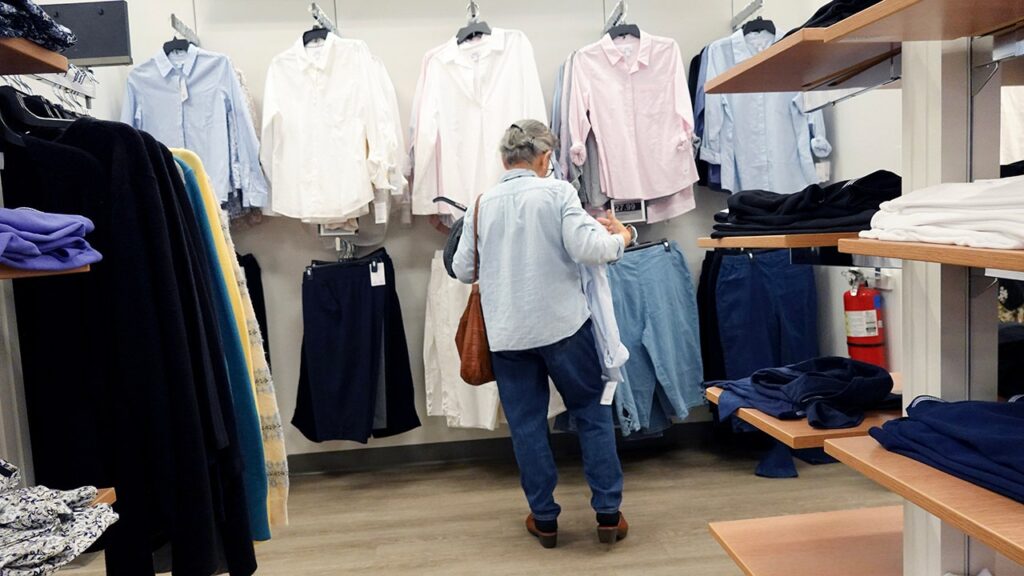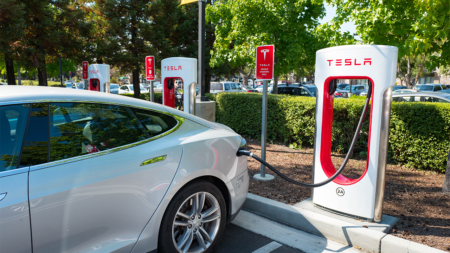Americans picked up the pace of spending in March even as they continued to face high interest rates and steeper prices for everyday goods.
Retail sales, a measure of how much consumers spent on a number of everyday goods including cars, food and gasoline, jumped 0.7% in March, the Commerce Department said Monday. That is much higher than the 0.3% increase forecast by LSEG economists.
Excluding the more volatile measurements of gasoline and autos, sales climbed 1% last month.
The March advance is not adjusted for inflation, meaning that consumers may be spending the same but getting less bang for their buck.
SILVER LINING OF HIGHER INTEREST RATES: SAVINGS ACCOUNT RATES
“The consumer is consuming, a lot,” said Jamie Cox, managing partner for Harris Financial Group. “If you were looking for an economic slowdown, you aren’t getting it.”
Consumers continued to spend at gas stations, grocery stores, building material and garden stores, bars and restaurants and health and personal care stores. They also continued to open their wallets when online shopping, with spending at non-store retailers jumping 2.7% from the previous month.
| Ticker | Security | Last | Change | Change % |
|---|---|---|---|---|
| WMT | WALMART INC. | 60.14 | +0.05 | +0.08% |
| HD | THE HOME DEPOT INC. | 342.87 | -4.50 | -1.30% |
| LOW | LOWE’S COMPANIES INC. | 232.05 | -3.39 | -1.44% |
| TGT | TARGET CORP. | 166.12 | -5.21 | -3.04% |
However, they pulled back their spending at electronics and appliance stores, miscellaneous retailers, clothing stores, furniture stores and sporting goods, hobby, musical instrument and book stores.
STUDENT LOAN REPAYMENTS COULD SLAM BIG-NAME RETAILERS THIS FALL
Sales rose in eight of 13 retail categories last month.

A solid job market and big wage increases have helped to buoy consumer spending in recent months, despite high inflation. However, many economists have been predicting that consumers will grow more cautious as student loan payments resume and high interest rates continue to work their way through the economy.
On top of that, more Americans are relying on their credit cards to cover necessities.
Credit card debt surged to a new record at the end of 2023, while delinquencies are also on the rise.
Still, the stronger-than-expected data suggests that the consumer remains strong for now, despite a number of economic headwinds.
“U.S. retail sales were stronger than expected in March, confirming that persistently high prices are not deterring consumers from spending as they continue to benefit from positive job growth and rising real wages,” said Lydia Boussour, EY senior economist.
Read the full article here












